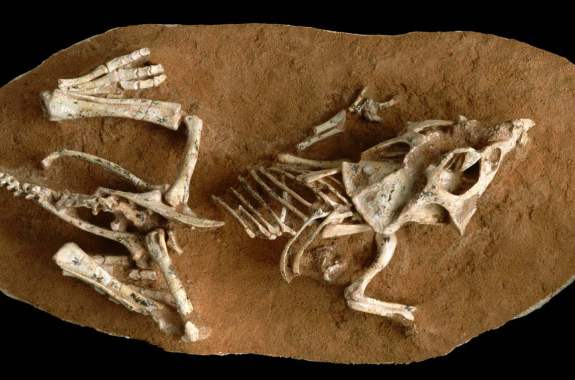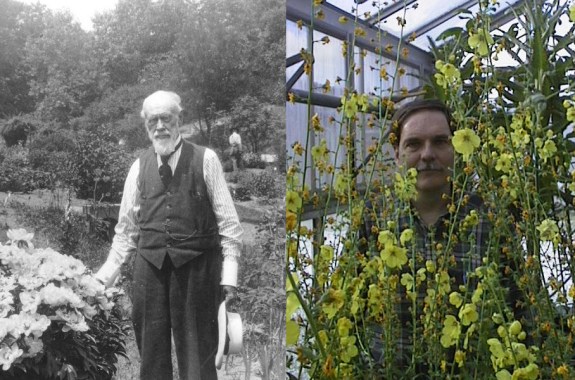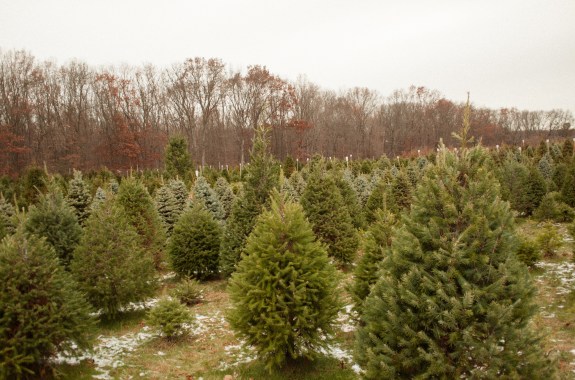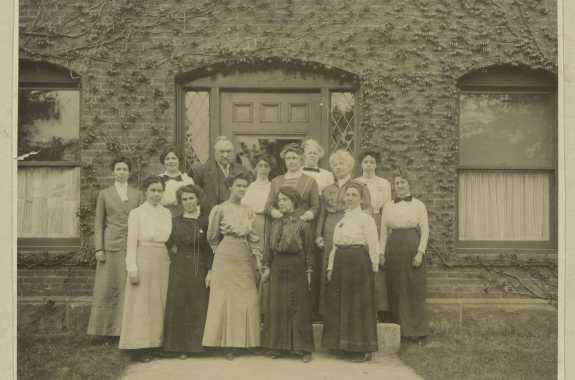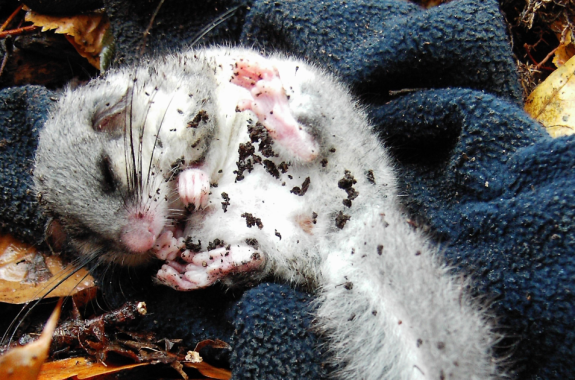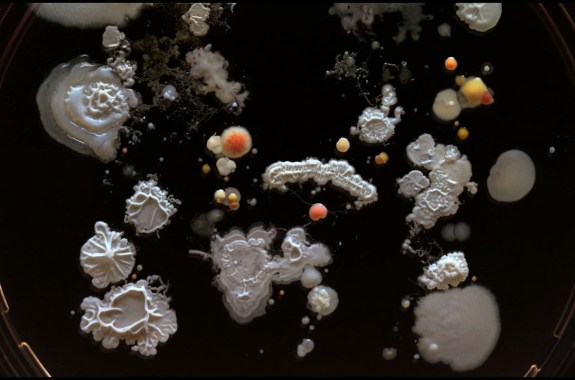Alexa Lim was a senior producer for the Science Friday radio production team, which means you could find her on the phone researching stories throughout the week and at a heightened level of anxiety every Friday between 2-4 p.m. E.T. A few of her favorite interviews have involved orchestrating a live physics game show, sound-checking with the International Space Station, and learning how to ask where the bathroom is in Dothraki.
After brief stints in an oncology lab and in the exotic world of science textbook publishing, she found her way into public radio through an internship at StoryCorps. Before joining Science Friday, she produced Jazz at Lincoln Center Radio and for the JazzStories podcast, where she discovered that the jazz harp is an underrated instrument.
Alexa grew up in San Antonio, Texas and graduated from the University of Texas at Austin with a degree in biology. She can confirm that there is no basement in the Alamo.
7:56
Twisted Science: Tying The Strongest Molecular Knot
There are more than six billion known knot configurations. Scientists have used metal ions to tie the tightest molecular knot.
7:35
Cracking Open How Dinosaurs Hatched
The incubation period for dinosaurs, depending on the species, could have ranged from 3–6 months.
16:27
Slow Science: A Look at Long-Lived Experiments
A look at a 140-year-old seed viability project and E.coli populations that have evolved for more than 66,000 generations.
46:55
2016 Year in Review
Gravitational waves, CRISPR, and Pokémon Go—a look at the big science stories of 2016.
17:33
What’s Fueling the Current Opioid Epidemic?
Nearly 80 people die each day from overdosing on opioids, which include heroin and prescription pain pills.
12:26
Does Your Christmas Tree Have Good Genes?
Scientists are studying the environmental and genetic factors that cause Christmas trees to drop their needles.
5:00
The Cost of Co-Pay Drug Coupons
Co-pay drug coupons can provide a discount for prescription medicines, but can carry a steep price in the long term.
16:43
The Female Astronomers Who Captured the Stars
At the beginning of the 20th century, a team of female astronomers at the Harvard College Observatory worked to classify the stars.
7:41
Dormouse Telomeres and Cat Tongues
Most animals’ DNA shortens with age, but scientists are studying an animal that increases its genetic strands as it grows older—the dormouse.
17:27
Tracking the Daily Rhythms of the Microbiome
How do the circadian rhythms of gut bacteria affect the rest of the body?

